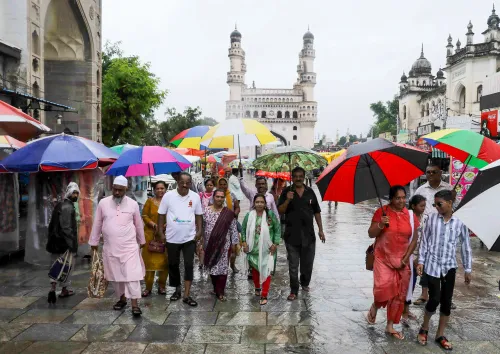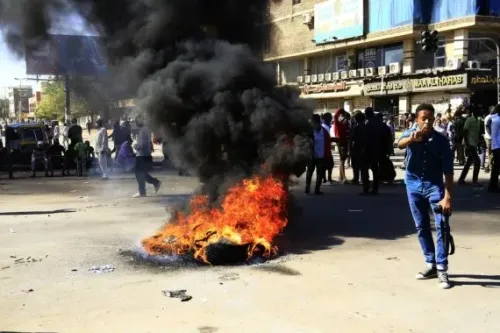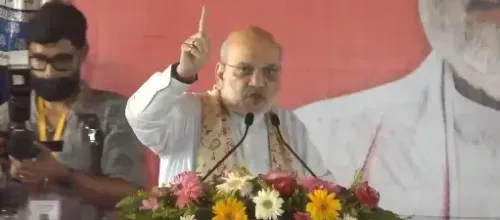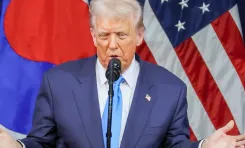Did the SC Intervene to Stop Deportation of a Family to Pakistan?
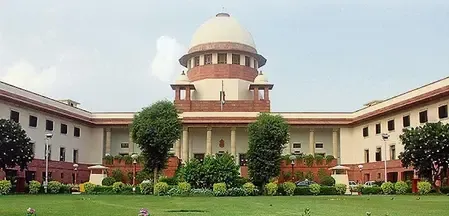
Synopsis
Key Takeaways
- Supreme Court intervenes to halt deportation.
- Family claims Indian citizenship and possession of valid documents.
- Government actions have raised questions about nationality.
- Verification of documents is crucial before any further action.
- Legal implications could affect future cases.
New Delhi, May 2 (NationPress) The Supreme Court intervened on Friday to aid a family facing deportation to Pakistan, as they asserted their possession of Indian passports and Aadhaar cards.
In light of a recent terrorist incident in Jammu and Kashmir’s (J&K) Pahalgam, the Union government has canceled all valid visas for Pakistani nationals issued by India since April 27, instructing all states and Union Territories for their swift removal.
The family filed a writ petition to the apex court, asserting their Indian nationality, having lived in Mirpur until 1997 before relocating to Srinagar in J&K.
On April 25, they received a notice from the Foreign Registration Office (FRO) in Srinagar demanding their departure from India due to claims of their Pakistani nationality as their visa was expiring.
The lead petitioner, an MBA graduate from IIM Kerala now employed in Bengaluru, reported that his father, mother, older sister, and younger sisters were unlawfully apprehended by the J&K Police on April 29 around 9 pm.
According to the plea, the family members were transported to the India-Pakistan Border on April 30 at approximately 12:20 pm and are currently being compelled to exit India from that border.
In a temporary respite, a Bench comprising Justices Surya Kant and NK Singh ruled that no coercive actions should be executed against the petitioners pending document verification.
“Given the factual issues presented necessitate confirmation, including the authenticity of documents, we dispose of this writ petition at this juncture without expressing any stance on the merits, directing the authorities to verify the documents or any other pertinent facts that may be presented to them.
“An appropriate decision should be reached promptly, although we are not specifying a timeline,” ordered the Justice Kant-led Bench.
The Supreme Court made it clear that this order should not be regarded as a precedent in other deportation cases.

